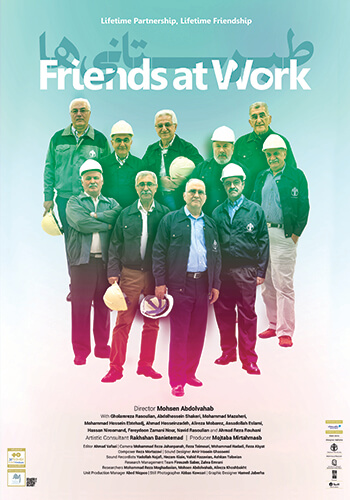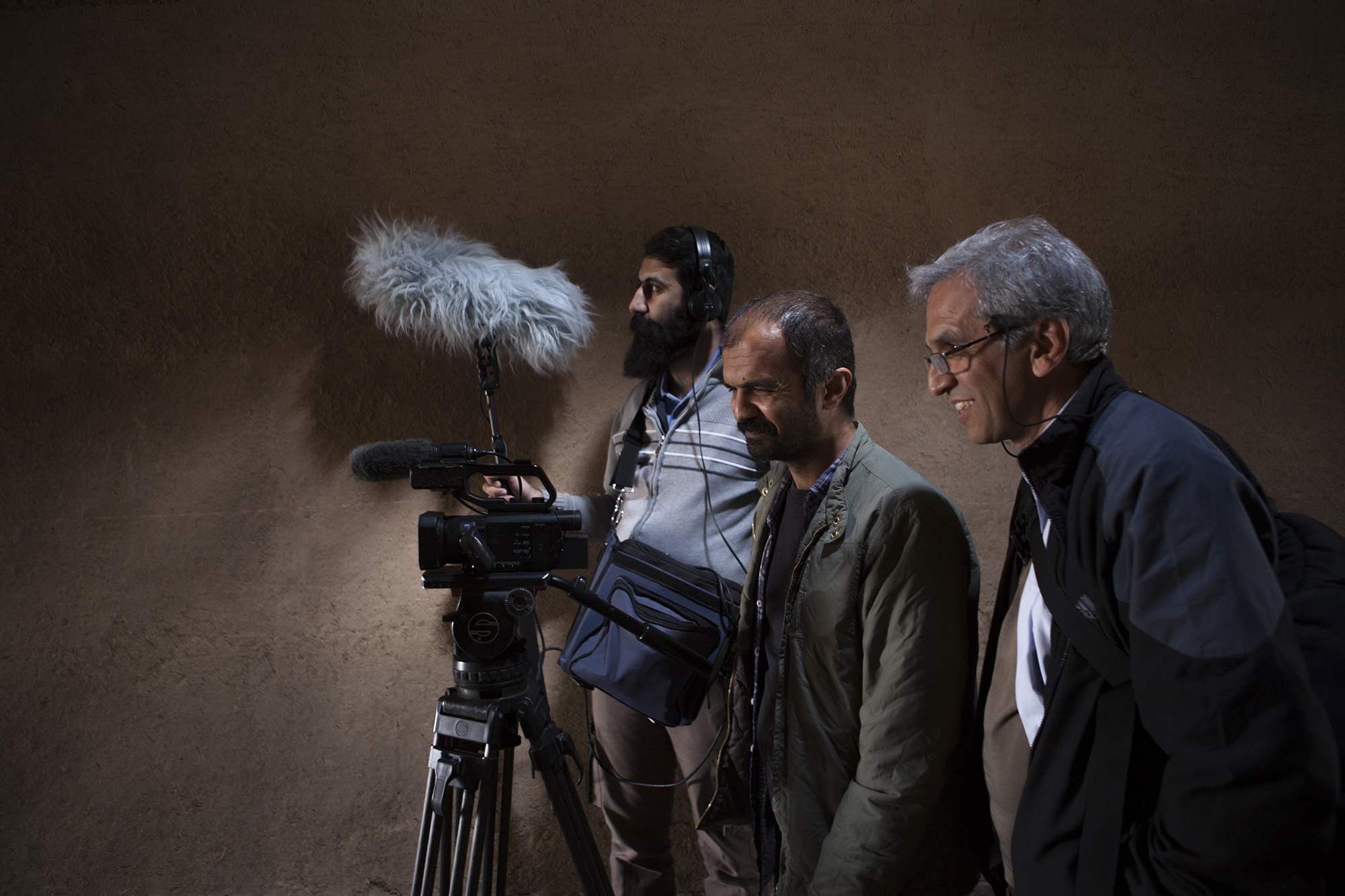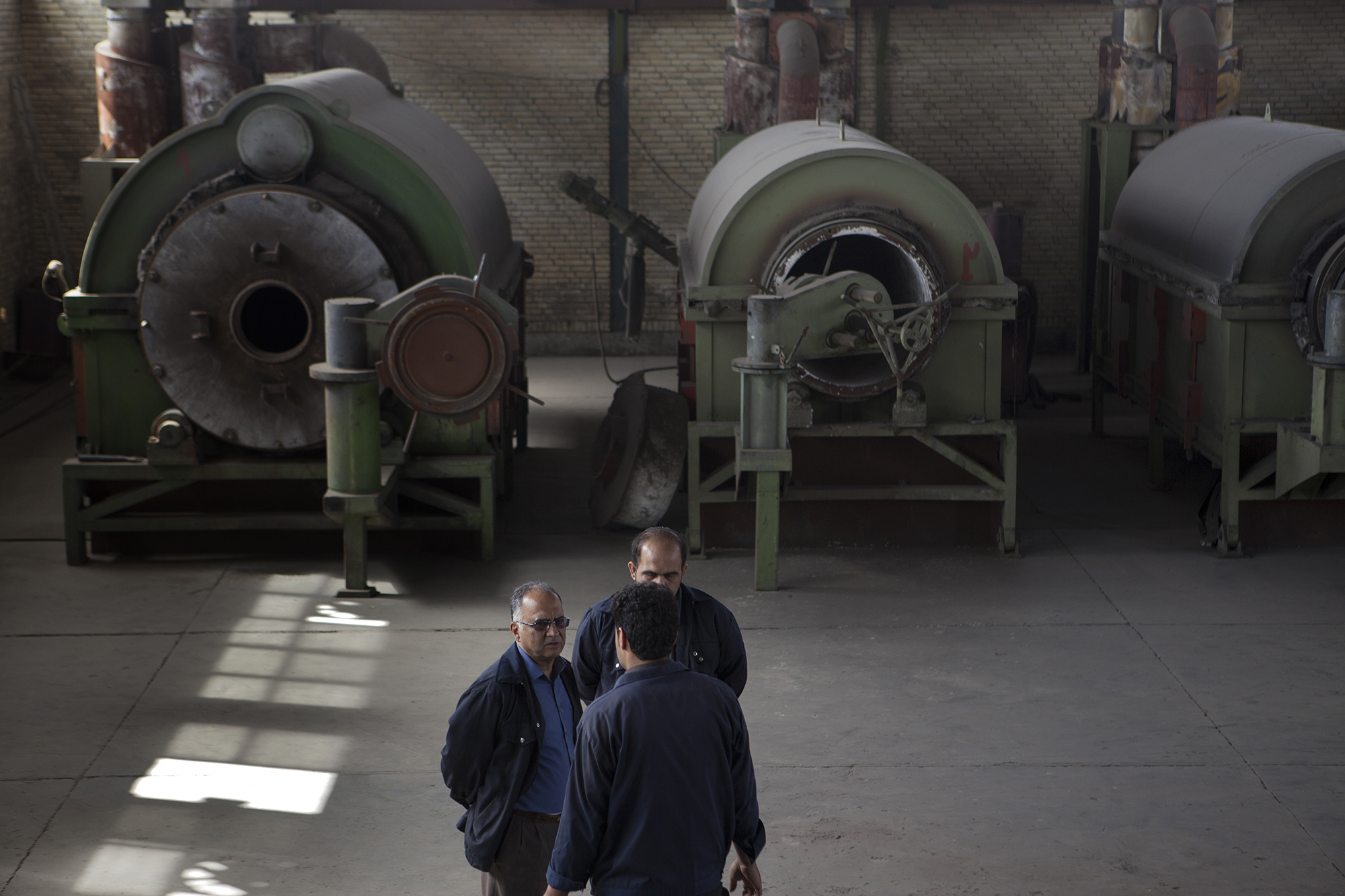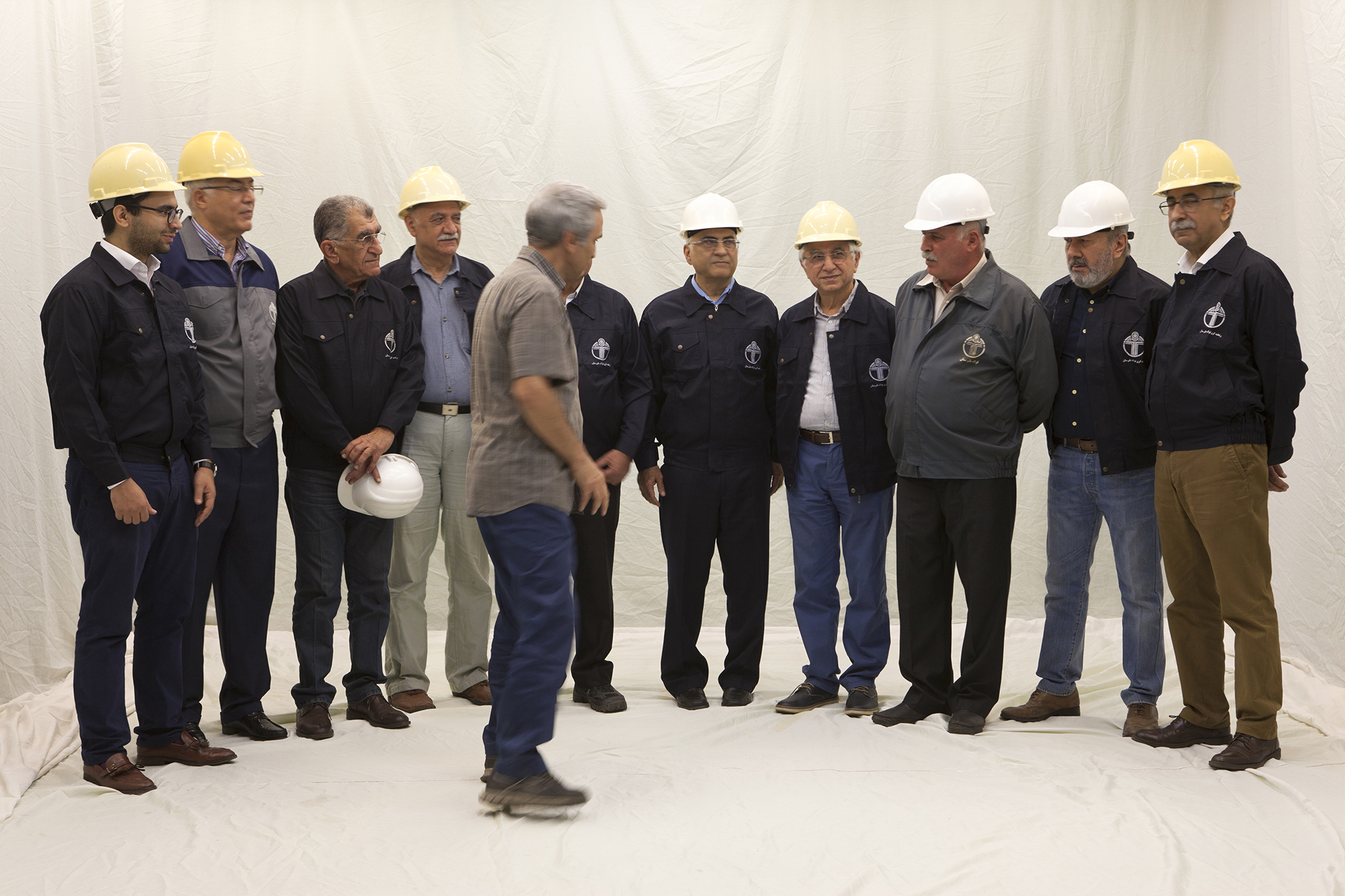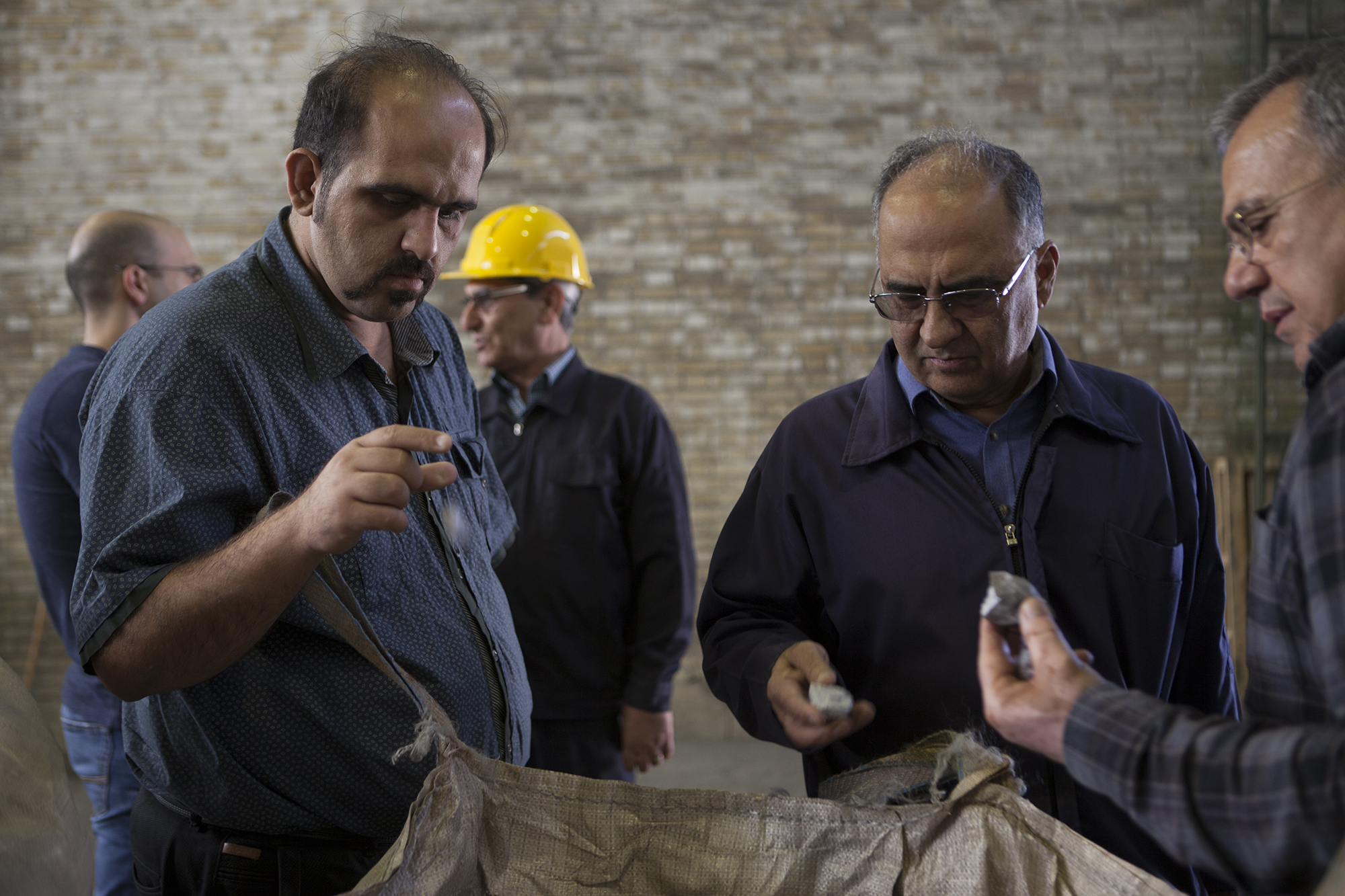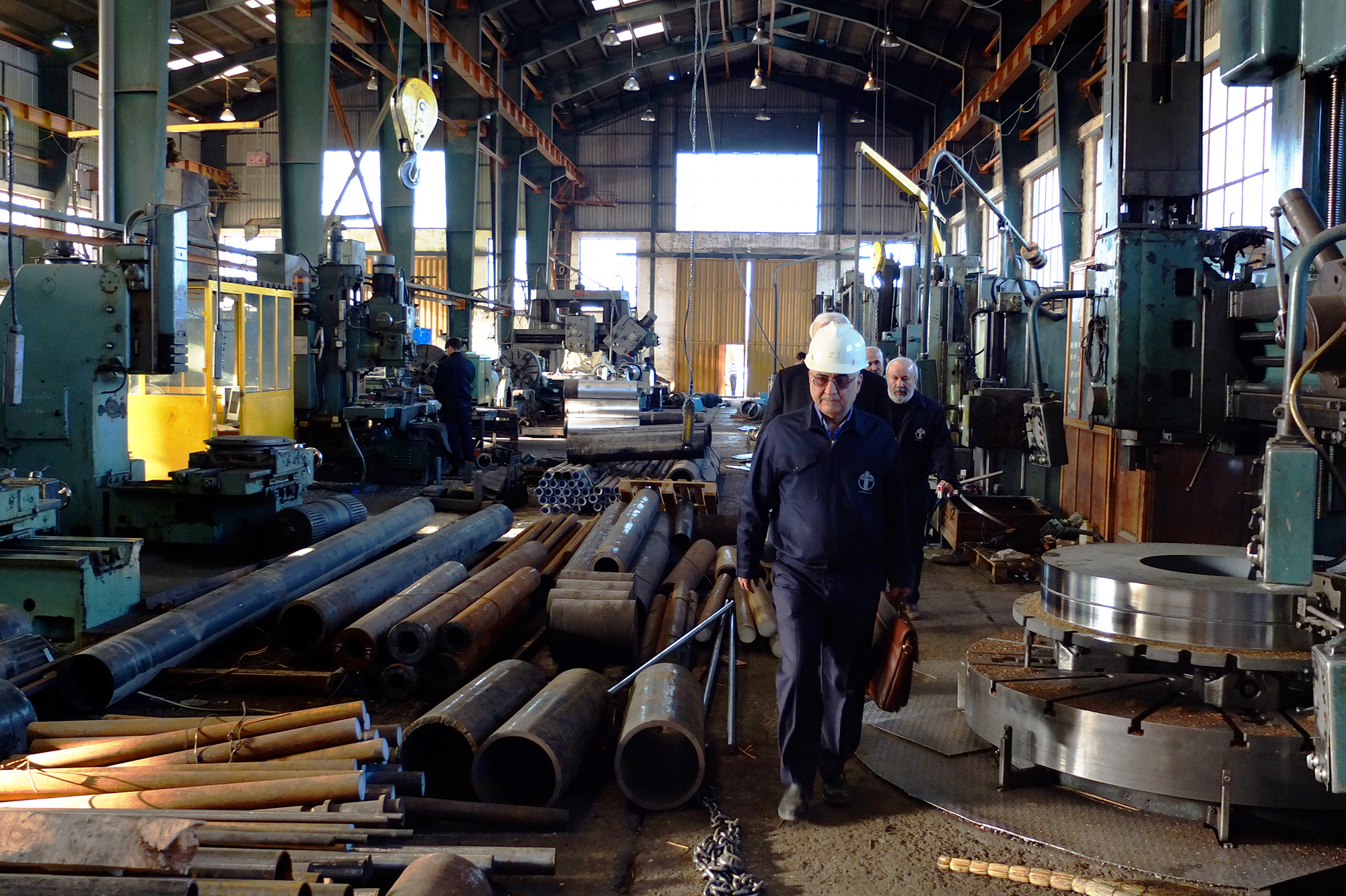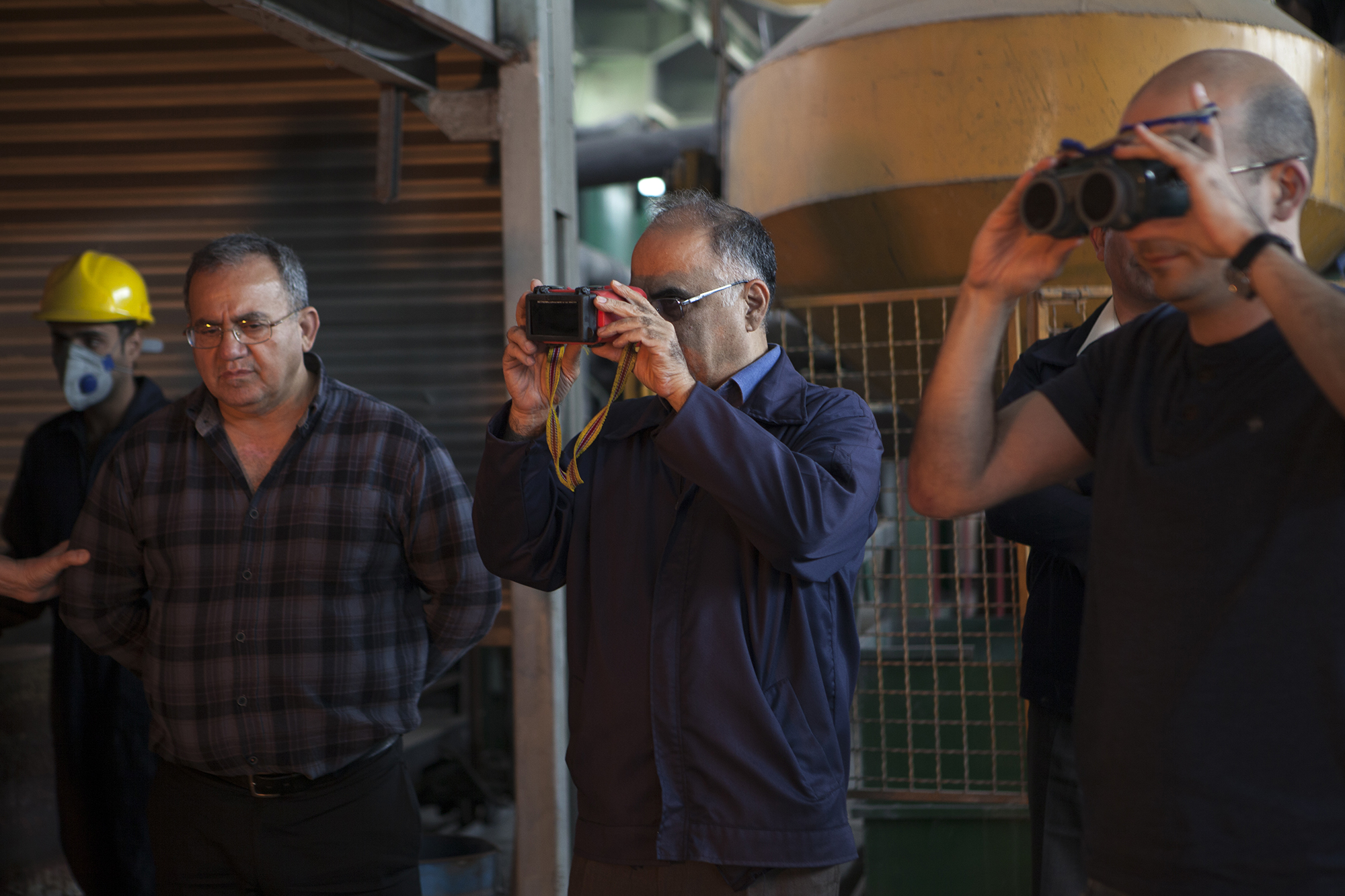Logline
In post-revolutionary war-torn Iran, a group of engineering classmates start their own industrial revolution just as most industry in the country is shutting down.
Synopsis
In 1983, amidst the hardships of post-revolutionary and war-torn Iran, a group of engineering classmates established a steel foundry near the city of Sari, in the North of Iran. Their main goal was to gain income for themselves and at the same time eliminate the nation’s dependence on foreign steel. They dubbed themselves 'the Tabarestaners' after the name of the province where they first began their successful collaborations. Over the years they have worked together to overcome many obstacles which were mostly due to economic problems at the national level. They founded the Tabarestan Steel Foundry and have since established other factories around Iran. The Tabarestaners have maintained their circle of friends and relatives for years. Now that they have reached retirement age they are thinking about the future of their industries.
The film starts with Mr. Gholamreza Rasoolian, CEO of Tabarestan Steel Complex, traveling to visit his factory. During the course of the film, we get to know the other Tabarestaners one by one and their roles in the development of their projects and their individual achievements. Moreover, the film depicts the Tabarestaners’ cordial relationships.
Film Trailer
Gallery
CREDITS
Writer & Director: Mohsen Abdolvahab / Editor: Ahmad Vafaei / Camera: Mohammad Reza Jahanpanah, Reza Teimouri, Mohammad Hadadi, Reza Abyat / Composer: Reza Mortazavi / Sound Designer: Amir Hosein Ghassemi / Sound Recordists: Yadollah Najafi, Nezam Kiaie, Vahid Razavian, Ashkan Toloeia / Unit Production Manager: Abed Nicpoo / Color Grading: Hamidreza Fatourehchian, Sindokht Rahimian / Still Photographer: Abbas Kowsari / Graphic Designer: Hamed Jaberha / Project Advisors: Mahmoud Nazzari, Hossein Akbari / Research Management Team (EDF): Firouzeh Saber, Zahra Emrani / Researchers: Mohammad Reza Moghadasian, Mohsen Abdolvahab, Alireza Khoshbakht
With presence by: Gholamreza Rasoulian, Abdolhossein Shakeri, Mohammad Mazaheri, Mohammad Hossein Ebtehadj, Ahmad Hosseinzadeh, Alireza Mobarez, Assadollah Eslami, Hassan Niroomand, Fereydoon Zamani Nour, Navid Rasoulian & Ahmad Reza Rouhani
Production Sponsors: Mark Amin, Aliasghar Hajibaba, Tabarestan Steel Foundry, Iran vice Presidency of Women and Family Affairs, Mahmoud Nazzari, Dozhpad, Shila Fastfood / Distribution Sponsor: Saman Bank
Artistic Consultant: Rakhshan Banietemad
Producer: Mojtaba Mirtahmasb
A Product of KARA Film Studio
Technical Info
- TabarestaniHa
- 49 min., English Subtitle, HD, Color, Iran, 2017
- Persian
- 16:9 or 1:1.85
- Stereo
- DCP / Blu-Ray / DVD / H.264 File
Awards
- Best Documentary Film at 4th Technological and Industrial film and Photo Festival (Farda), Asaluyeh, Iran, April 2017
Festivals
- 15th Image Of The Year Festival, Tehran, Iran, 20 February–12 March 2018
- 2nd Termeh Iranian Art & Culture Festival, Munich, Germany, 28 February – 5 March 2018
- 4th Technological and Industrial film and Photo Festival (Farda), Asaluyeh, Iran, 29–30 April 2017
- 1st international Festival, Made in Iran, 4–7 January 2017
Special Screening
- Persian Cultural Center, San Diego, USA, 29 April, 2018
- Global Entrepreneurship Week in Shahr-e Babak City, Kerman Province, Iran, 17 November 2017
- Javad Arts and cultural Foundation, Yazd, Iran, 22 October 2017
- Karestan Documentary Week, Economics College of Allameh Tabatabaei University, Tehran, Iran, 7–12 October 2017
- 10th International Documentary Film Festival , Cinema Verite, (Special Section of KARESTAN) Tehran, Iran, 4–11 December 2016
Director's Note
Friends at Work was supposed to have been made by my friend and mentor Mohammadreza Moghaddassian. When he was hospitalized, I asked him about the Tabarestaners Group and why he intended to make a film about them. He spoke about their comradery and how, during the international sanctions on Iran, they had managed to devise innovations in the field of steel production and produce parts for other national industries. Not only did they prevent the shutting down of their own industry and curb unemployment among steel workers, they contributed to the national economy as a whole by helping keep other plants functioning. After Moghadassian passed away, I felt the task of making this film had been placed on my shoulders.
From the very beginning the Tabarestaners believed in the goals of producing the Karestan documentary series. Without making any demands on how I made my film, they welcomed me into their friendly group as though we were old friends. The Tabarestaners shared their secrets with me, and opened whatever doors I asked them to open. The most amazing aspect to me is their weathered and stable friendship and partnership over the years, especially in a country where the life span of partnerships and joint ventures are generally short-lived and the political and economic shocks are so frequent. The Tabarestaners have supported each other throughout their sorrows and joys as if they were a family. I learned very much from them by telling their story, and I fell in love with each and every one of them.

